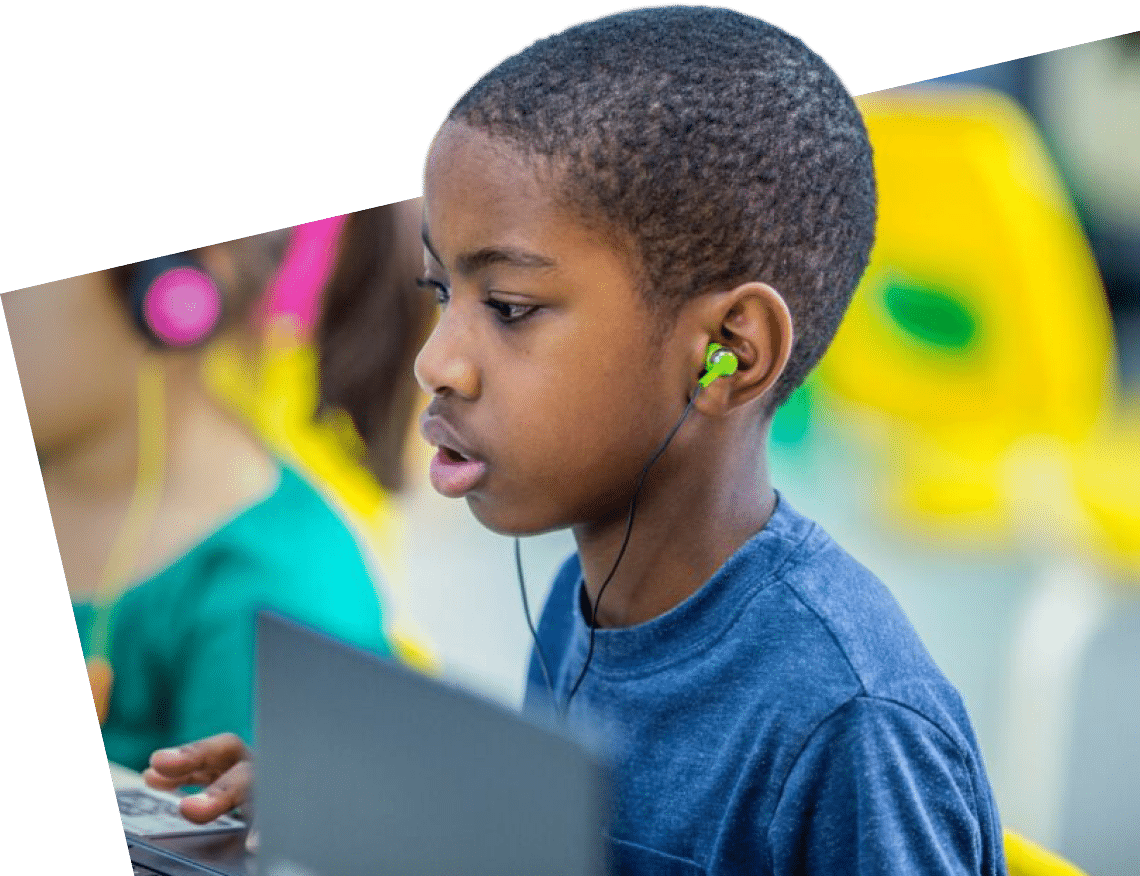2 October 2025
Protecting personal information: Why it matters for your child and you too!

Written by Natalie Hollins,
Parent Support Associate
In today’s world, children grow up with screens, apps, games and social media as part of everyday life. That brings incredible opportunities but also risks. One of the key risks is the misuse or overexposure of personal information. As a parent or carer, helping your child understand how to protect their privacy is one of the most important things you can do. Equally, modelling good practices yourself strengthens the message.
Why does it matter?
Personal information isn’t just names and addresses. It can be photos, school details, email addresses, or even a quick “check-in” that shows where they are. When too much of this gets out, it can make children vulnerable to unwanted contact, scams, or bullying. And once something is online, it’s very difficult to take it back.
A few examples of personal information to look out for:
- Full name, date of birth, or address
- School name, uniform logos, or clubs they attend
- Photos and videos (especially in real time)
- Location data and “check-ins”
How you can help your child
The best protection comes from regular, open conversations. Talk to your child about thinking twice before they post, setting accounts to private, and keeping passwords strong and secret. Encourage them to come to you if they’re unsure – mistakes happen, and knowing they can talk without judgment is key.
Simple steps to share with your child:
- Avoid posting live locations or check-ins
- Think before posting: Who can see this? Do I trust them?
- Keep accounts and profiles private
- Use strong, unique passwords and never share them
Why your habits count too
Children copy what they see. If you check your own privacy settings, use strong passwords, and ask before sharing photos of them, you’re showing by example that protecting information matters. It also helps keep your whole family safer.
Good habits for parents and carers:
- Ask your child before posting their photo or personal details
- Review your own privacy settings regularly
- Be careful about what you share about your child online
- Use two-factor authentication where possible
Where to go for support
If you’d like practical tips or reassurance, these organisations offer excellent advice:
- NSPCC
- UK Safer Internet Centre
- Childnet — Online safety for young people
- Internet Matters
- Good Things Foundation
Protecting personal information keeps children safe today and helps them build good habits for the future.
